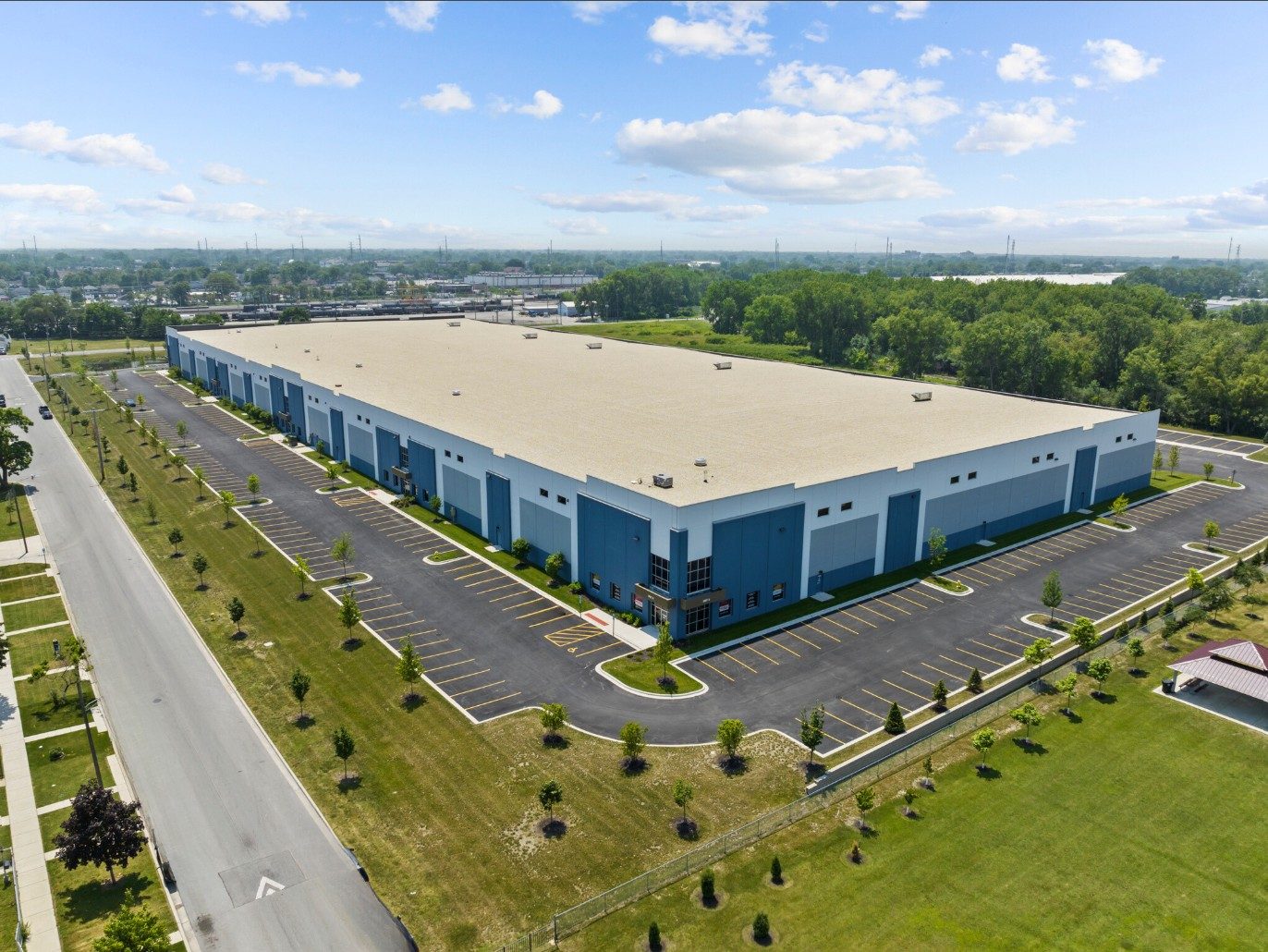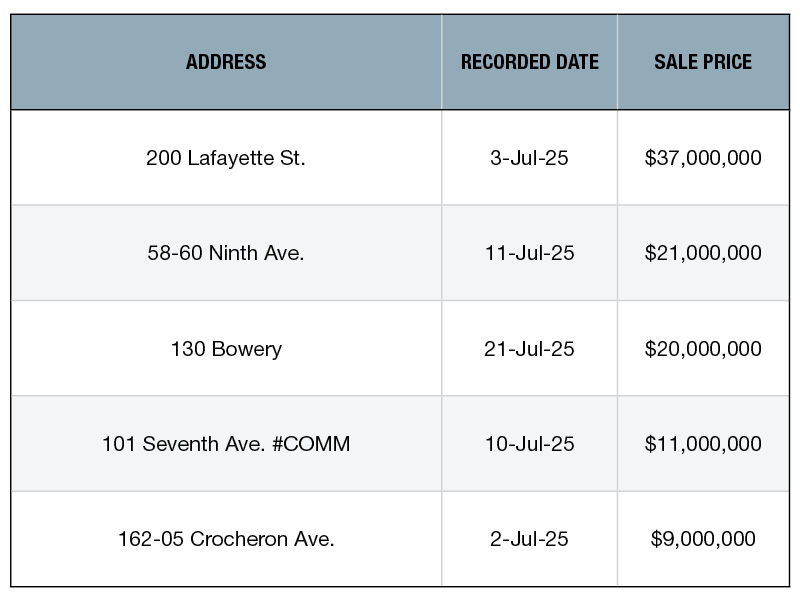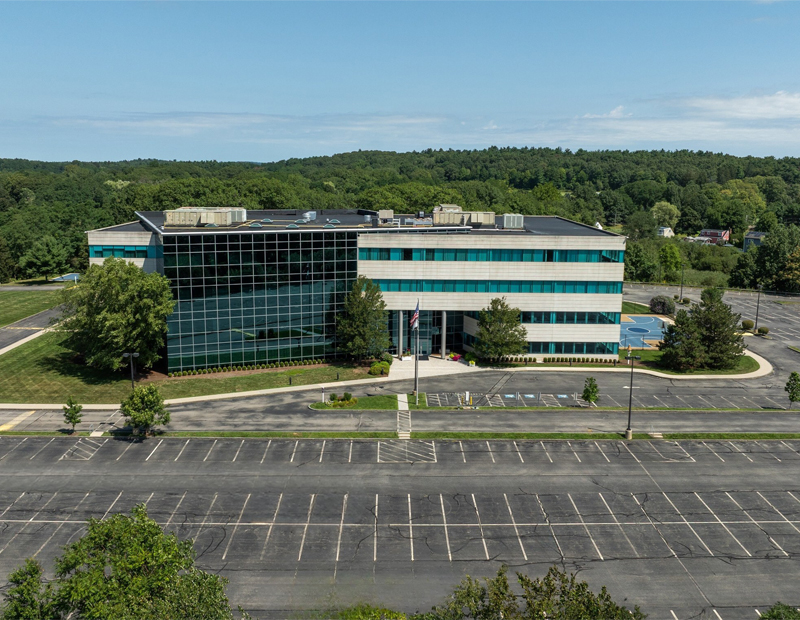Net-Leased Drug Store Supply Experiences Dramatic Decline
By Randy Blankstein, President, The Boulder Group: A limited supply of properties continues to be the major issue throughout the net-leased drug store sector.
By Randy Blankstein, President, The Boulder Group
A limited supply of properties continues to be the major issue throughout the net-leased drug store sector. Compared to the second quarter of 2012, the fourth quarter experienced a dramatic 56 percent decline in the amount of net-leased drug stores available. More specifically, there was a 62 percent decrease in the supply of recently developed drug stores within the same time period. Median asking cap rates in the net-leased drug store sector compressed for all major pharmacy properties (Walgreens, CVS and Rite Aid) from the second quarter of 2012 to the fourth quarter of 2012. Cap rates for Walgreens properties built within the past three years compressed by 25 basis points over the same time frame. Drug store properties remain in high demand among investors and were priced at a 32 basis point premium to the net lease retail market as a whole in the fourth quarter of 2012.
In addition to the constrained development pipeline, corporate sale-leaseback transactions have been a contributing factor to the decreased availability of new construction properties accessible on an individual basis. Sale-leaseback drug store property portfolios have been sold to institutional investors, leaving the private individual investor with scarce supply.
There has been a recent resurgence in investor activity for Rite Aid properties. Rite Aid properties are one of the few net lease assets available in the market that can offer longer term leases, limited landlord responsibilities and investor yields over 8 percent. During the past two quarters, cap rates for single-tenant Rite Aid properties have decreased by 20 basis points as financing for Rite Aid properties is more readily available. However, the majority of the investor interest for Rite Aid properties remains in locations with strong sales histories.
Transaction volume remains heavily concentrated in recently constructed Walgreens and CVS properties; however with the cap rates at historic lows for these assets, investors will evaluate older Walgreens or CVS properties with strong sale performance. Given the lack of newly constructed drug stores with more than 20 years of lease term, 1031 investors will have challenging time finding these assets. The net lease drug store sector will continue to command a premium as investors gravitate towards recognizable tenants, well-located real estate and the positive fundamentals of the pharmacy industry.








You must be logged in to post a comment.